
Woke up with a pounding headache that won’t go away? That’s likely a migraine making an unwelcome appearance. Migraines affect over 1 billion people worldwide and are one of the most disabling neurological conditions. They can strike at the worst times, triggered by stress, lack of sleep, certain foods, or even hormonal changes.
While migraines can last for hours or even days, nobody wants to endure that kind of pain for long. The good news is that there are ways to relieve migraines quickly and reduce their intensity. From effective medications to simple home remedies, taking the proper steps early can help you get back to feeling like yourself. If you’re looking for the fastest way to relieve a migraine, keep reading to learn what migraines are and the steps you can take to find relief.
What Is a Migraine?
A migraine is a neurological condition that causes intense, throbbing headaches, often accompanied by other symptoms such as nausea, vomiting, sensitivity to light and sound, and visual disturbances, such as flashing lights or blind spots (known as an aura). These episodes can last from a few hours to several days, significantly impacting daily life and productivity.
A variety of factors, including stress, hormonal changes, certain foods, and environmental stimuli like bright lights or strong smells, often trigger migraines. Sleep disruptions, such as getting too much or too little sleep, can also provoke migraines. While triggers vary from person to person, identifying and avoiding them is a key part of managing the condition.
This condition is more common in women, likely due to hormonal influences, and typically occurs between the ages of 15 and 55. Migraines also tend to run in families, suggesting a genetic predisposition. If you’ve experienced one migraine, you’re more likely to have recurring episodes.
Recognizing the early signs of a migraine—such as mood changes, food cravings, or neck stiffness—can help you take action to manage symptoms before they worsen. Early intervention, such as resting in a dark, quiet room or taking prescribed medications, can reduce the severity and duration of a migraine.
Understanding migraines and their triggers is essential for effective management. With the right strategies and support, individuals can reduce the frequency of episodes and minimize their impact on daily life.
How to Relieve a Migraine Quickly
Migraines might be common, but they don’t have to ruin your day. By acting quickly and using effective treatments, you can reduce the severity and duration of a migraine. When you feel the first signs of a migraine attack, here are some strategies to try so you can get back to your routine faster.
Start with Medications
One of the fastest ways to relieve a migraine is by using medications. Over-the-counter pain relievers like ibuprofen or acetaminophen are helpful for mild cases. For more severe migraines, prescription medications such as triptans (like sumatriptan) or ergotamines may be recommended. Research shows that taking migraine medication at the very first sign of symptoms can significantly reduce how long and how intense the migraine becomes. It's important to consult a healthcare provider to determine the best treatment plan for your specific needs.
Over-the-Counter Remedies
If prescription migraine medications aren’t available right away, over-the-counter options such as caffeine-based pain relievers (like Excedrin Migraine) can help ease symptoms. Caffeine works by constricting blood vessels, which may reduce the throbbing headache pain associated with migraines. In addition, some people find relief from magnesium supplements or by applying a topical menthol balm to the temples at the first signs of a migraine. While these remedies might not stop the attack altogether, they can help lessen the intensity and shorten its duration when used early.
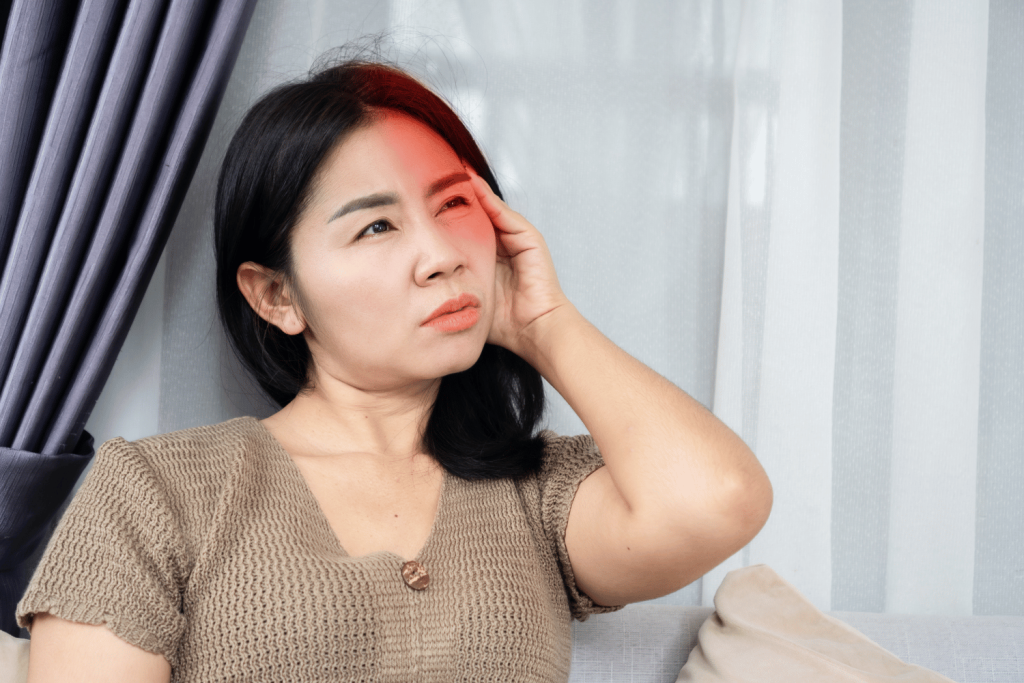
How to Relieve a Migraine Quickly
Home Remedies That Can Help
While migraine medications are highly effective, many people find that home remedies can complement their treatment or provide relief when they prefer a natural approach. These strategies can help ease pain, reduce symptoms, and promote faster recovery.
Cold Compress
Applying a cold compress to your forehead or the back of your neck can help numb pain and reduce inflammation. The cooling effect constricts blood vessels, which may alleviate the throbbing sensation associated with migraines. To try this remedy, wrap a few ice cubes in a cloth or use a cold gel pack, and apply it for 10–15 minutes at a time.
Hydration
Dehydration is a common migraine trigger, and staying hydrated is essential for both prevention and relief. At the first sign of symptoms, drink a glass of water or an electrolyte-rich beverage to help your body recover. Maintaining consistent hydration throughout the day can also reduce the likelihood of future migraines.
Aromatherapy
Certain essential oils, such as peppermint and lavender, are known for their calming and pain-relieving properties. Peppermint oil may help reduce headache intensity by promoting better blood flow, while lavender oil is often used to ease stress and tension. Dab a small amount of diluted oil on your temples, or use a diffuser to create a soothing atmosphere.
Rest in a Dark, Quiet Room
Bright lights and loud noises can intensify migraine symptoms. Resting in a dark, quiet room can help reduce sensory stimulation and provide relief. Consider using blackout curtains, an eye mask, or noise-canceling headphones to create a calming environment.
Acupressure
Acupressure involves applying gentle pressure to specific points on the body to relieve pain and tension. For migraines, common pressure points include the area between your thumb and index finger (LI-4) and the base of your skull. Use your fingers to apply firm but gentle pressure for a few minutes, and repeat as needed.
Incorporating these home remedies into your routine can provide additional relief and support during a migraine episode. While these strategies are not a substitute for medical treatment, they can be valuable tools for managing symptoms and improving overall comfort. Always consult with a healthcare provider to ensure these remedies are safe and appropriate for your specific needs.
Preventive Measures for Migraines
While it may not be possible to eliminate migraines, adopting specific lifestyle changes can help reduce their frequency and severity. By being proactive and mindful of your habits, you can take significant steps toward managing this condition more effectively.
Identify and Avoid Triggers
One of the most effective ways to prevent migraines is to identify and avoid your personal triggers. Keeping a migraine diary can help you track patterns and pinpoint potential causes, such as specific foods, stress, hormonal changes, or environmental factors. Once you’ve identified your triggers, taking steps to avoid them can significantly lower the risk of an episode.
Maintain a Healthy Routine
Consistency is key to migraine prevention. Establishing a regular routine that includes:
- Sleep: Aim for 7–9 hours of quality sleep each night, and try to go to bed and wake up at the same time daily.
- Nutrition: Eat balanced meals at regular intervals to maintain stable blood sugar levels. Skipping meals can be a trigger for some people.
- Exercise: Engage in moderate physical activity, such as walking, swimming, or yoga, to improve overall health and reduce stress. However, avoid overexertion, as it can sometimes trigger migraines.
Manage Stress Effectively
Stress is one of the most common migraine triggers, but learning to manage it can make a big difference. Incorporate relaxation techniques into your daily routine, such as:
- Meditation: Practicing mindfulness can help calm your mind and reduce stress levels.
- Yoga: Gentle yoga stretches can relieve tension and promote relaxation.
- Deep Breathing: Simple breathing exercises can help you stay grounded during stressful moments.
Limit Caffeine and Alcohol
While small amounts of caffeine can sometimes help relieve a migraine, excessive consumption can have the opposite effect. Similarly, alcohol—especially red wine—is a known trigger for many people. Moderation is key, and it’s important to monitor how these substances affect you personally.
Stay Hydrated
Dehydration is a well-known migraine trigger. Make it a habit to drink plenty of water throughout the day, especially during hot weather or after exercise. Keeping a water bottle handy can serve as a helpful reminder to stay hydrated.
By incorporating these preventive measures into your daily life, you can take control of your migraines and reduce their impact on your overall well-being. While these strategies may not eliminate migraines entirely, they can help you manage them more effectively and improve your quality of life. For personalized advice, consult with a healthcare provider to develop a prevention plan tailored to your needs.
How to Respond During a Migraine Attack
When a migraine strikes, taking immediate and thoughtful action can help alleviate symptoms and prevent the attack from escalating. Here are some effective steps to manage a migraine and promote faster recovery:
Take Medication at the First Sign
The earlier you take medication, the more effective it will be in reducing the severity and duration of the migraine. Use prescribed medications, such as triptans, or over-the-counter options like ibuprofen or acetaminophen, as directed by your healthcare provider. Acting quickly can make a significant difference in how the attack progresses.
Rest in a Dark, Quiet Room
Migraines often heighten sensitivity to light and sound, making a dark, quiet environment essential for relief. Find a calm space where you can lie down and minimize sensory stimulation. Consider using an eye mask or earplugs to block out additional light and noise.
Apply a Cold Compress
A cold compress can provide soothing relief from migraine pain. Place a cold pack or a cloth-wrapped ice pack on your forehead, temples, or the back of your neck. The cooling effect helps numb the pain and may reduce inflammation, offering a sense of comfort during the attack.
Stay Hydrated
Dehydration can worsen migraine symptoms, so it’s important to sip water or an electrolyte drink throughout the episode. Avoid sugary or caffeinated beverages, as they may exacerbate symptoms for some individuals. Staying hydrated supports your body’s recovery and can help ease the intensity of the migraine.
Practice Relaxation Techniques
Stress and tension can amplify migraine symptoms, so incorporating relaxation techniques can be beneficial. Try deep breathing exercises, progressive muscle relaxation, or guided meditation to calm your body and mind. These techniques can help reduce the overall intensity of the migraine and promote a sense of control during the attack.
By taking these steps, you can better manage a migraine attack and reduce its impact on your daily life. While these strategies can provide relief, it’s important to consult with a healthcare provider to develop a personalized migraine management plan that works best for you. Acting promptly and mindfully during an attack can make a significant difference in your recovery.
From Pain to Relief: Speedy Migraine Solutions!
Migraines can be incredibly debilitating, disrupting your daily life and leaving you searching for quick relief. While they are common and often manageable, the pain and associated symptoms can feel overwhelming. If you’ve experienced a migraine, you’re likely eager to find effective solutions to ease the discomfort. Finding the right migraine treatment for you might take some trial and error. Whether it’s through medications, home remedies, or preventive measures, taking action early can make a significant difference in managing the pain and reducing its impact. By understanding your triggers and staying prepared, you can take control of your migraines and minimize their effects. Remember, if migraines persist or worsen, consult a healthcare professional for personalized treatment options.Frequently Asked Questions (FAQs)
Q1. What is the fastest way to relieve a migraine?
The fastest way to relieve a migraine is to act as soon as you notice the early signs. Over-the-counter pain relievers like ibuprofen or acetaminophen can be effective if taken promptly. For more severe migraines, prescription medications such as triptans are often recommended for quick relief. In addition to drugs, resting in a dark, quiet room and applying a cold compress to your forehead or neck can help reduce pain and discomfort. Combining these strategies can provide faster and more effective relief.
Q2. Can migraines go away on their own?
Yes, migraines can resolve on their own, but the duration varies widely—from a few hours to several days. Without treatment, the pain and associated symptoms, such as nausea and sensitivity to light or sound, can persist and significantly impact daily activities. Early intervention with medications or home remedies can help shorten the duration and lessen the intensity of a migraine, making it easier to recover and return to normal activities.
Q3. What are the most common migraine triggers?
Migraines are often triggered by a combination of factors, which can vary from person to person. Common triggers include:
- Stress: Emotional or physical stress is a frequent cause.
- Sleep Disruptions: Too much or too little sleep can provoke migraines.
- Hormonal Changes: Fluctuations in estrogen levels, such as during menstruation, pregnancy, or menopause, are common triggers for women.
- Dehydration: Not drinking enough water can lead to migraines.
- Certain Foods and Drinks: Chocolate, caffeine, processed meats, and foods containing MSG or artificial sweeteners are known triggers.
- Environmental Factors: Bright lights, strong smells, loud noises, or weather changes can also contribute. Identifying your personal triggers through a migraine diary can help you avoid them and reduce the frequency of episodes.
Q4. Are there natural remedies for migraines?
Yes, several natural remedies can help alleviate migraine symptoms or prevent attacks:
- Cold Compress: Applying a cold pack to your forehead or neck can numb pain and reduce inflammation.
- Relaxation Techniques: Practices like deep breathing, meditation, or yoga can help reduce stress, a common migraine trigger.
- Essential Oils: Peppermint and lavender oils are often used to ease headache pain. Apply a small amount to your temples or use a diffuser for aromatherapy.
- Hydration: Drinking plenty of water and maintaining electrolyte balance can prevent dehydration-related migraines.
- Magnesium-Rich Diet: Foods such as spinach, almonds, and avocados, which are high in magnesium, may help reduce migraine frequency. While these remedies can be effective, they are best used alongside medical advice and treatment.
Q5. When should I see a doctor for migraines?
You should consult a doctor if your migraines:
- Become more frequent or severe.
- Do not respond to over-the-counter medications or home remedies.
- Interfere significantly with your daily life. Seek immediate medical attention if your migraines are accompanied by unusual or alarming symptoms, such as:
- Sudden vision loss or blurred vision.
- Difficulty speaking or understanding speech.
- Weakness or numbness on one side of the body.
- Severe headache that comes on suddenly and intensely (often described as a "thunderclap headache"). These symptoms could indicate a more serious underlying condition, such as a stroke or other neurological issue, and require prompt evaluation.


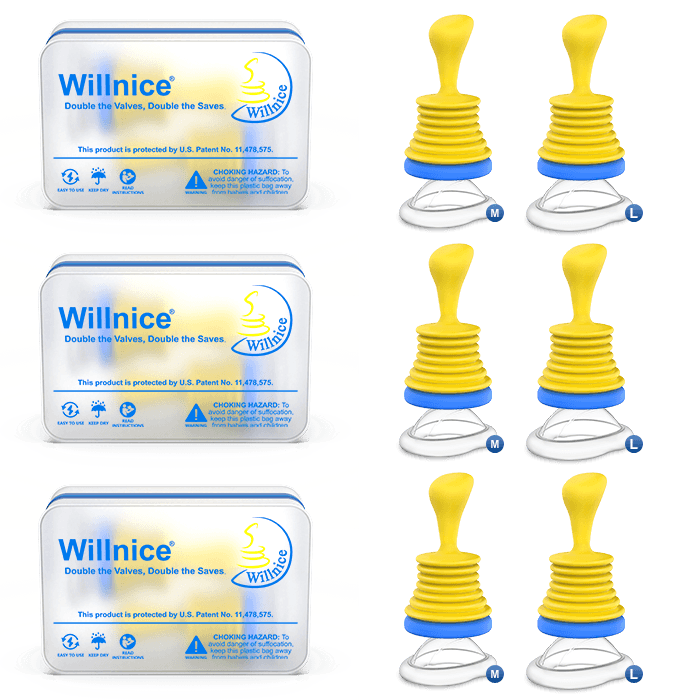
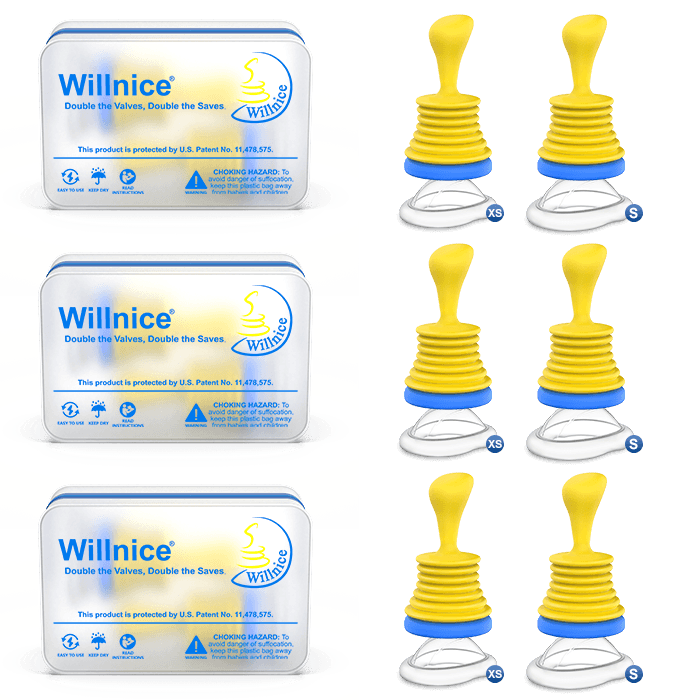
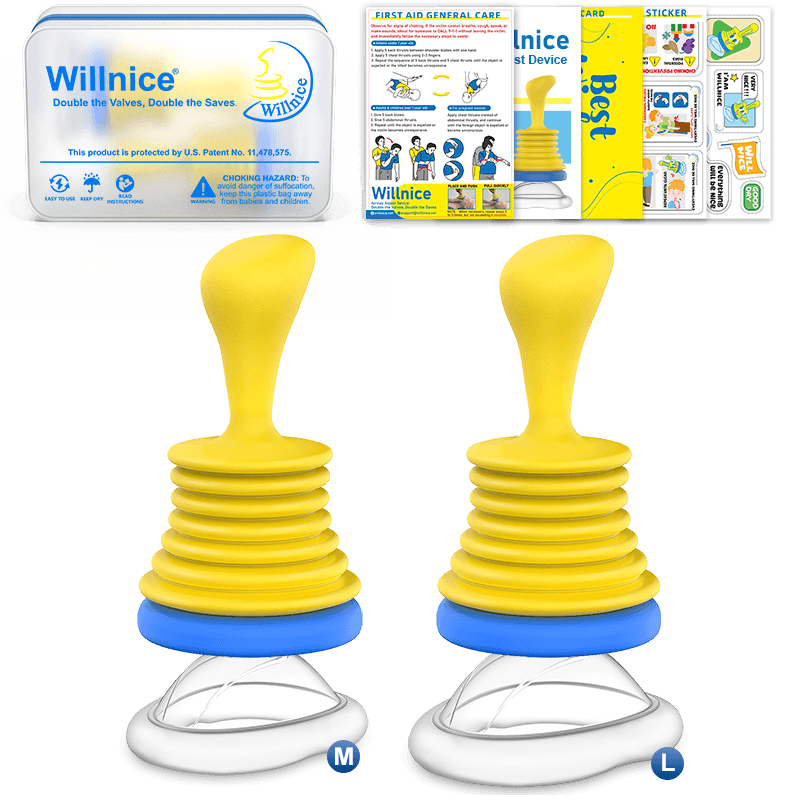
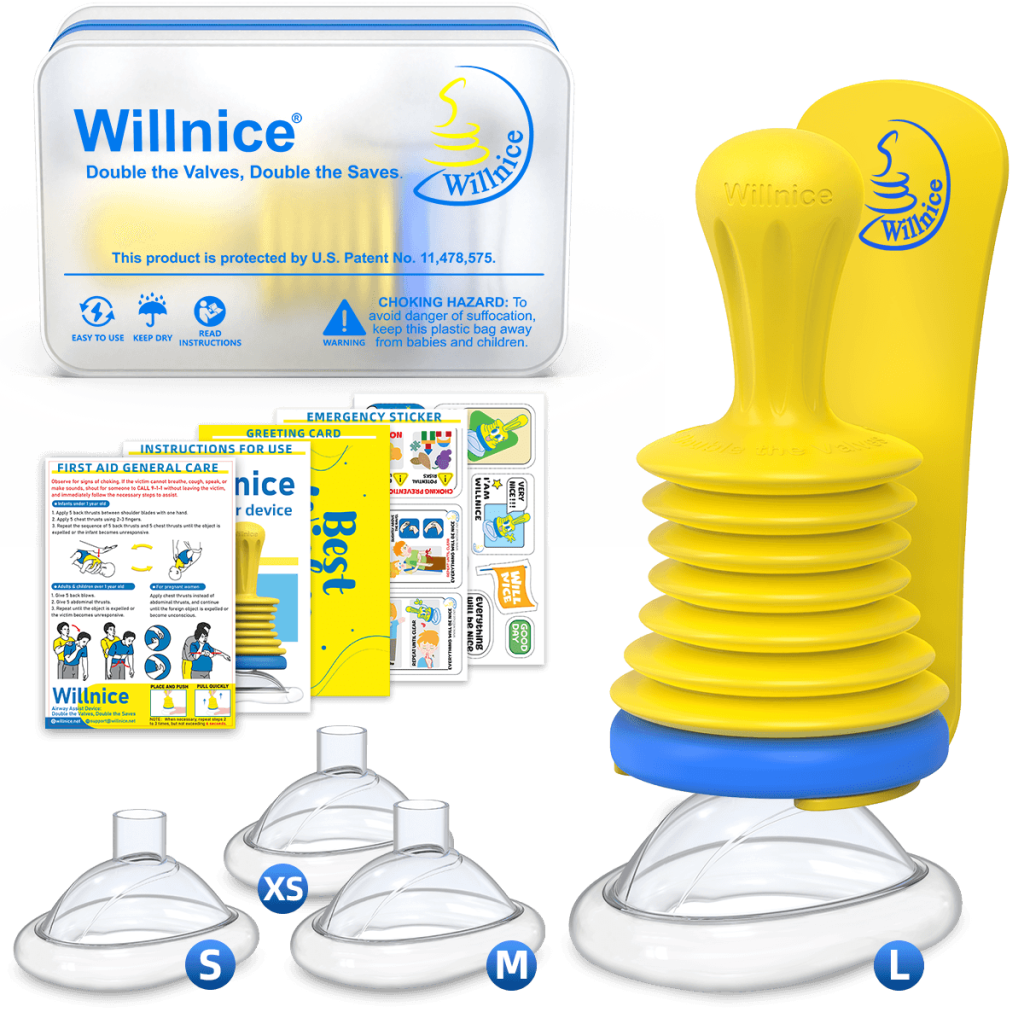


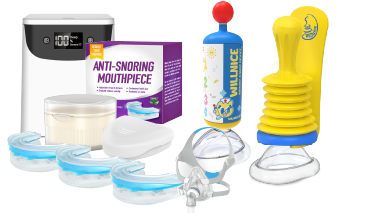
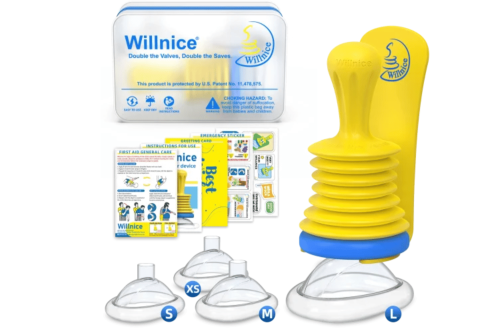



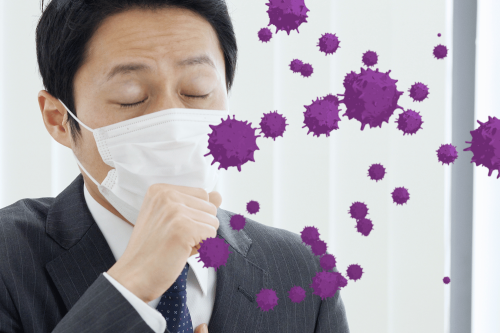

 Login with Google
Login with Google Login with Facebook
Login with Facebook